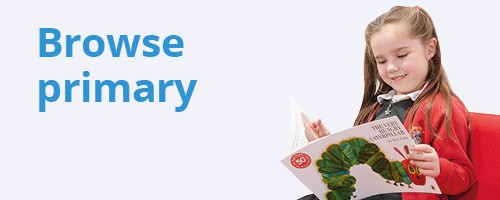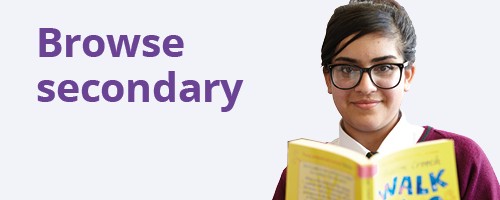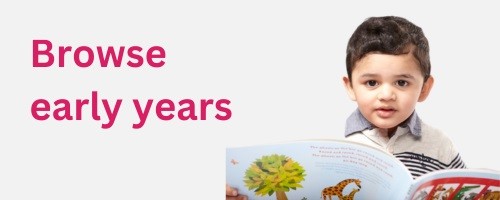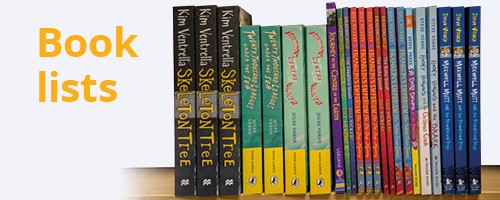Schools please note: due to the summer holidays we will automatically hold all school books and furniture orders due between Wednesday 16 July and Monday 1 September 2025. Delivery will resume from Tuesday 2 September 2025. If your school remains open for deliveries during the summer and you would like to receive your order during this time, please get in touch in advance by calling 0121 666 6646 or emailing hello@peters.co.uk.
For help, advice and telephone ordering call our team on 0121 666 6646
Are you sure you wish to delete this basket?()
This action cannot be undone.
Sorry, something went wrong
Please report the problem here.
Laughter and literacy: the joy of funny books by Lissa Evans

March 31st 2022
I read voraciously and widely as a child, but the books that I treasured most were the books that made me laugh.
It’s very rare, as an adult, to laugh so hard that your stomach hurts and your face aches, and the only sound you can make is little cheeping noises, but I remember doing exactly that when I read ‘My Family and Other Animals’. I was knocked sideways by the magnificent chaos of the Durrell family, the sarcasm of Larry, the hilariously vivid descriptions, the ripostes, the magpies in the bedroom, the snakes in the bath – ‘damn great things LIKE HOSEPIPES’ – the huge, eccentric cast of characters, the mayhem in the sunlight.
When I read Molesworth, I remember being so hysterical that my mother had to explain to the milkman why I was sitting crying at the kitchen table, my face bright red. Molesworth wasn’t a story, as such – it was a manifesto, eccentrically spelled and lavishly illustrated. It was a new form of humour for me; it was anarchy in book form.
I remember writing my first funny line. It was in a story about a hippo called Fred, and at the top of the page I drew a picture of Fred, with an arrow pointing at his head. I labelled it ‘Fred’s Head’, and I remember thinking at the time that it was a pretty tremendous joke.
I remember all of these things because to me they were important – laughter was important: funny books shaped my childhood and they went on to shape my adult life. They lodged specific lines forever in my memory, pieces of perfection that showed me what a funny line felt like, what its rhythm and shape should be.
There is a precision about good comedy writing, which is almost like music – you have to hit the beat to make it work. You have to craft and hone the sentences, you have to choose exactly the right words. A lacklustre paragraph of description merely makes for a dull read; a joke that doesn’t work is like being hit with a dead fish.
So what I’m really saying is that funny books not only brought joy to my life, but taught me how to appreciate good writing, and how to be a writer myself. Give a child a genuinely funny book and you’re giving that child the whole package: laughter and literacy in one go. Who wouldn’t want that?
Wished by Lissa Evans is publishing on 7 April.
Follow Lissa Evans on Twitter @LissaKEvans









